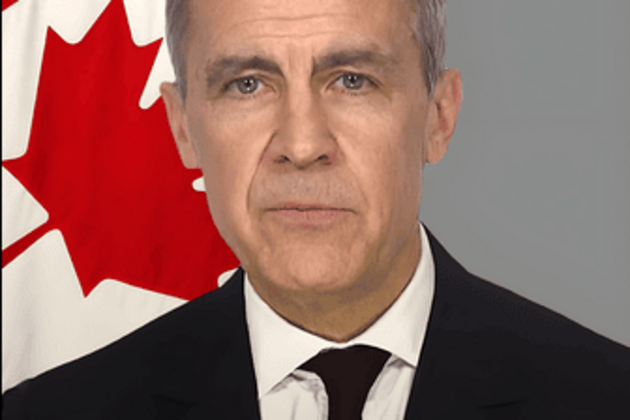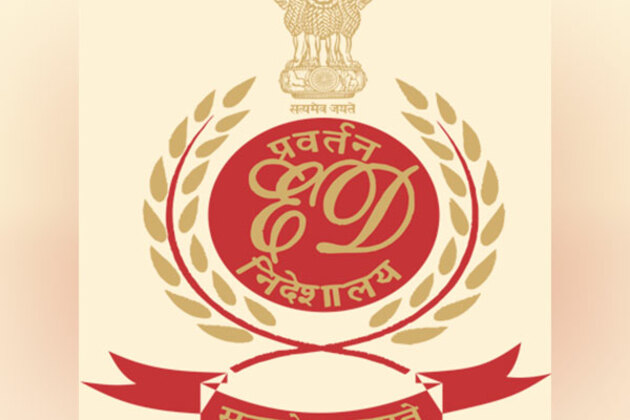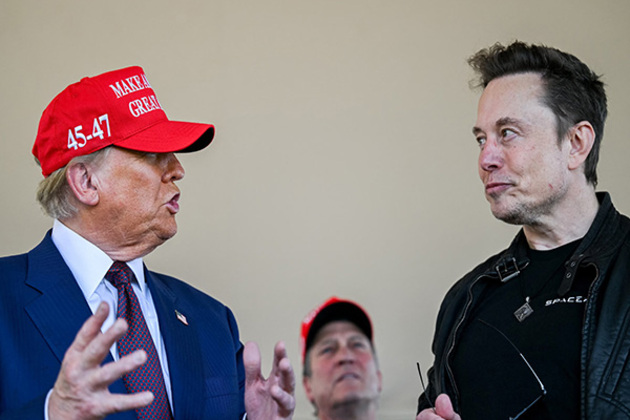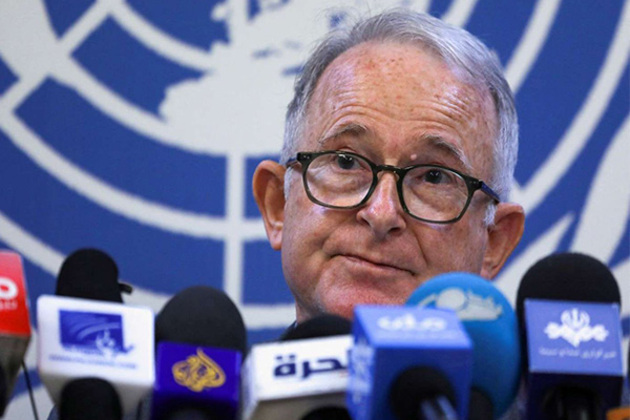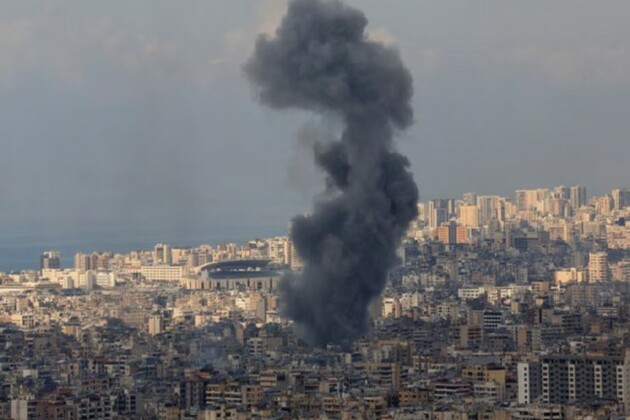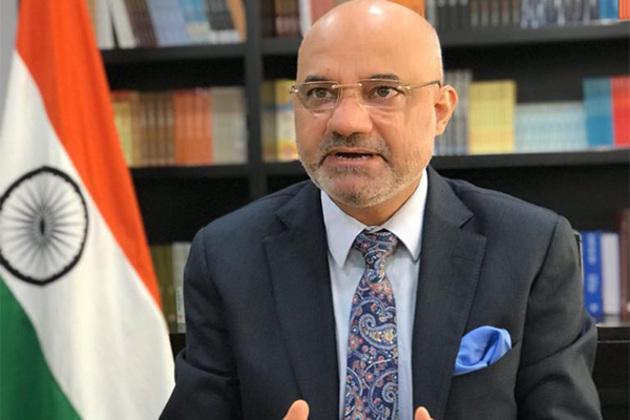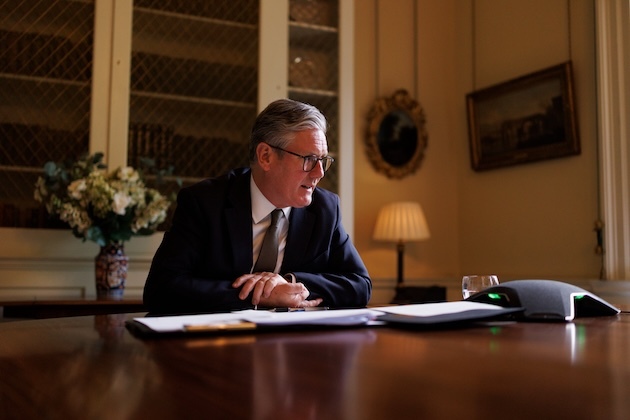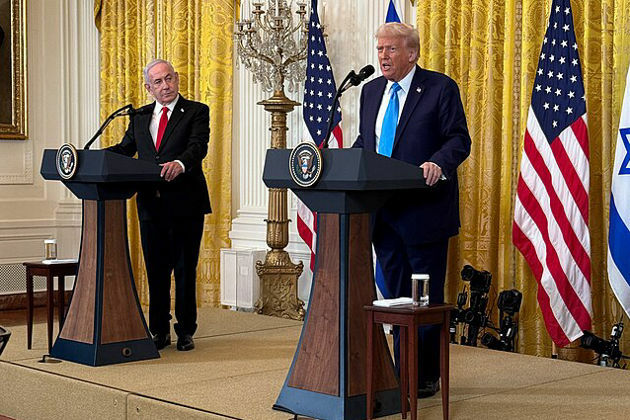Finding a place to pee during a pandemic or a protest shouldn't be so hard
The Conversation
05 Jul 2020, 18:09 GMT+10
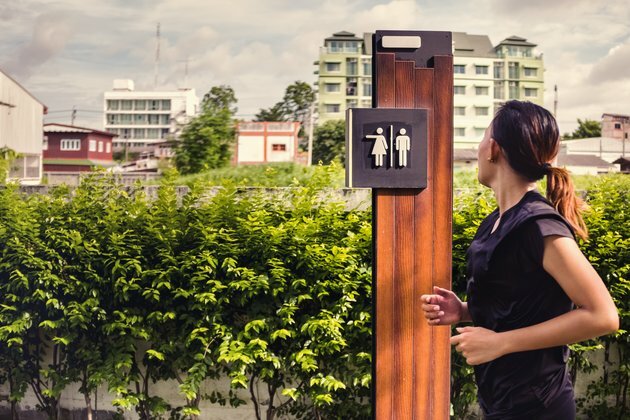
In early June in our home city of Guelph, Ont., thousands marched to support the Black Lives Matter movement in the wake of George Floyd's murder in the United States and the death of Regis Korchinski-Paquet in Toronto. But where did protesters who needed to use the washroom go? We don't know.
Guelph, like many Canadian cities, had few open public washrooms in the first phase of the pandemic. The libraries, community centres and municipal buildings that house public washrooms were closed to the public (though as of late June there is some limited reopening in Guelph.)
From May's now-infamous impromptu summer party in Toronto's Trinity Bellwoods Park to Black Lives Matter protests in June, there are serious challenges when large groups of people gather during a pandemic. These gatherings magnify existing problems with urban public space.
At the Trinity Bellwoods party, almost all tickets issued were for public urination or defecation. As researchers at the University of Guelph who study public spaces, we were struck by the irony of handing out these tickets when public washrooms and businesses weren't open. There was literally nowhere for people to go. Where we go when we really need to go is not something people like to talk or think about when they're in public spaces.
Finding a public washroom
Even in the best of times, public availability of washrooms is limited and often heavily restricted. Public health experts say that public washrooms are no more dangerous than any other enclosed space for COVID-19, and recommend leaving them open. But the already limited public washrooms in many cities remain closed, with some exceptions.
Public space and public washrooms are two fundamental public goods. Research shows people who need to use the washroom when they're out and about in Toronto rely on the kindness of private business owners or the blind eye that their employees often turn.
Read more: Washrooms for customers only: Peeing with dignity in the city
Truly public spaces are those that are freely accessible to all. Public spaces that don't have public washrooms are neither free nor accessible. Public spaces are diminished by poor investments in the amenities (like washrooms) that make being in public possible. Investing in washrooms, especially during a public health crisis, means paying people to clean them.
We don't often see the burden that cleaning up public washrooms, and dealing with the occasional health crises that happen in them, puts on minimum wage workers. Frontline workers in restaurants and grocery stores are being celebrated during the pandemic but not rewarded with permanent wage increases and job security.
As businesses open up again with tighter social distancing rules, it will be these same low-paid workers who keep businesses going and are tasked with protecting themselves and customers - all while enforcing unfamiliar rules. And while there's a playful squeamishness associated with public washrooms, they are nonetheless essential public service.
Free to pee, free to be
Maintenance - specifically the hiring of well-paid city workers with appropriate protective gear - is a crucial part of making public washrooms work. During our research, we noticed that many of the Toronto's park washrooms were closed at odd times, often pervasively. The insufficient maintenance and cleaning of these spaces means that they fall into disrepair and cannot be used, where they do exist.
Instead of stepping up maintenance, however, the city opted for bylaw enforcement patrols to encourage social distancing and make sure no one pees where they shouldn't. Policing washroom use likely determines who feels able to show up at both parties and protests.
Knowing that public washrooms are closed, people who need to frequently use the washroom might not participate in public gatherings because of a lack of access to these facilities. And the possibility of incurring a ticket for public urination may bring protesters in contact with law enforcement when, as the Black Lives Matter movement continues to highlight, encounters between Black people and law enforcement can be fraught, and all-too-often, deadly. Indigenous people too are deeply familiar with this pattern.
A comprehensive system of open, accessible public washrooms should be part of how we think about reorganizing urban public spaces after the pandemic. We need to think about how people are excluded from public space because of the lack of public washrooms, how responsibility for maintaining existing limited resources fall to low-paid, often precarious workers, and how routine involvement with law enforcement is much more dangerous for some people.
The washroom dilemma requires more investment. Why? Because having more free and accessible public washrooms is not just the right thing to do, it's the necessary thing to do.
Authors: Edith Wilson - Master's of Sociology, University of Guelph | Mervyn Horgan - Associate Professor of Sociology, University of Guelph 
 Share
Share
 Tweet
Tweet
 Share
Share
 Flip
Flip
 Email
Email
Watch latest videos
Subscribe and Follow
Get a daily dose of Illinois Intelligencer news through our daily email, its complimentary and keeps you fully up to date with world and business news as well.
News RELEASES
Publish news of your business, community or sports group, personnel appointments, major event and more by submitting a news release to Illinois Intelligencer.
More InformationNorth America
SectionCanada-US trade talks resume after Carney rescinds tech tax
TORONTO, Canada: Canadian Prime Minister Mark Carney announced late on June 29 that trade negotiations with the U.S. have recommenced...
Nehal Modi tampered with evidence, intimidated witnesses in Nirav Modi case: Officials
By Rajnish Singh New Delhi, [India], July 5 (ANI): Nehal Deepak Modi, the brother of fugitive diamantaire Nirav Modi, allegedly played...
Musk threatens Republicans over Trump's 'big, beautiful bill', sparks internal rift
Washington [US], July 5 (ANI): Elon Musk is threatening Republicans who voted for President Donald Trump's 'big, beautiful bill,' posing...
UN official raises alarm over Iran's arrests of Afghan migrants
Kabul [Afghanistan], July 5 (ANI): A UN official reported that Iran has accused hundreds of Afghan migrants of spying, raising concerns...
Israel's drone strikes kill one, injure several in Southern Lebanon amid ceasefire violations
Beirut [Lebanon], July 5 (ANI): Israel has carried out three drone attacks on towns in southern Lebanon, resulting in a death and several...
"Prime Minister Modi's commitment towards BRICS has no words to say," says Ambassador Dinesh Bhatia ahead of PM's state visit to Brazil
Brasilia [Brazil], July 5 (ANI): In a significant diplomatic engagement, Prime Minister Narendra Modi is set to make a state visit...
International
SectionTragedy in Spain: Diogo Jota and his brother die in car accident
MADRID, Spain: Liverpool footballer Diogo Jota and his younger brother, André Silva, have died in a car accident in Spain. Spanish...
Early heatwave grips Europe, leaving 8 dead and nations on alert
LONDON, U.K.: An unrelenting heatwave sweeping across Europe has pushed early summer temperatures to historic highs, triggering deadly...
U.S. military, China, Russia in Space race
President Donald Trump's plans to build a space-based Golden Dome missile defense shield have drawn immediate criticism from China,...
Trump wins $16 million settlement from Paramount over CBS Harris edit
NEW YORK CITY, New York: Paramount has agreed to pay US$16 million to settle a lawsuit brought by U.S. President Donald Trump over...
British PM faces major party revolt over welfare reforms
LONDON, U.K.: British Prime Minister Keir Starmer won a vote in Parliament this week to move ahead with changes to the country's welfare...
White House meeting between Trump, Netanyahu on July 7
WASHINGTON, D.C.: President Donald Trump will meet Israeli Prime Minister Benjamin Netanyahu at the White House on Monday. President...

